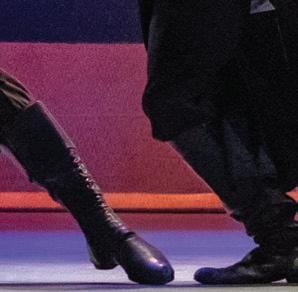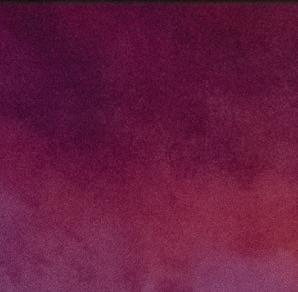
2 minute read
BARTLETT SHER ON DIRECTING THE BROADWAY REVIVAL OF FIDDLER IN 2015





















What are the differences between directing this show and other past projects?
Bartlett Sher: Talking about Fiddler on the Roof is actually a pretty great challenge when it comes to being a director, because the show is deeply beloved, and it has a very strong and rich history. It has been revived several times, and it lives within a tradition of literature that is much beloved with very strong opinions about it. It’s a challenge in the sense that you want to summon the experience it evokes, and particularly now in history it’s a particularly interesting story to be coming back to. Fiddler takes on a series of these Tevye tales, and it follows the family through it. Our concentration is evoking the spirit of two things: One, of the pogroms and the intense world of where they grew up, and at the same time, the color and light and beauty and humor that’s in the actual spirit of the telling. So, it’s trying to marry those two things into making something fresh.
Your family has a close connection to the people depicted in the musical.





My father was born in a shtetl in Lithuania, and when he was three years old my grandmother put him on a train and came up through Canada and all the way across to Southern California. My grandfather came through Ellis Island. So, I’ve always had a sort of connection to the tale, but it’s only an imaginary one. I don’t actually know what that was like. My grandparents spoke Yiddish, but I don’t have much of a memory of what that meant to me. In a way, I think that’s similar to a lot of people who read these tales. They think they should understand them better than they sometimes do. The stories are very powerful, but you can’t really explain why. It’s more in the spirit of them—the spirit of going forward, the spirit of enduring, the spirit of holding on, the spirit of living by your faith, the spirit of living by your family. This piece allows audiences to—in the same way as it did in South Pacific—discover their own past all over again, in the same way as I’m using the show to discover my past. There is a lot of joy in the journey, even though the journey is marked by suffering.
What do you hope modern audiences will take away?










Audiences will come to Fiddler and experience a full orchestra and the world and the village of Anatevka coming to life. In that exploration, they get to enjoy the thing that musical theatre does best, which is creating vivid, bold life within the community and lives of the family. I want to honor as deeply and magnify the work of Bock, Harnick, Stein, and Robbins. I think they’re greatgrandfathers of my work, and I would like to create a production that lets people see how good their work is.








